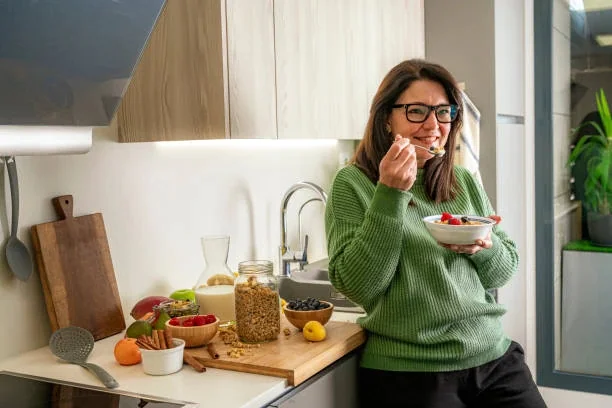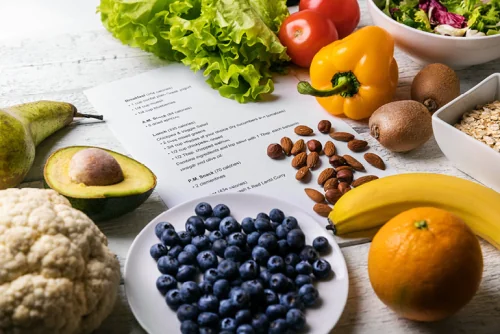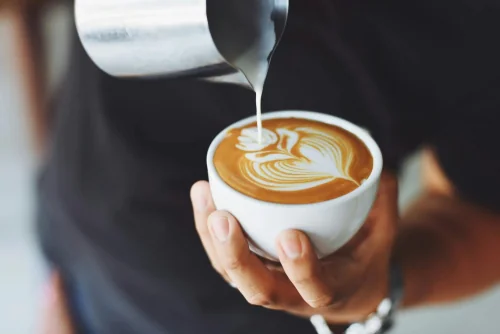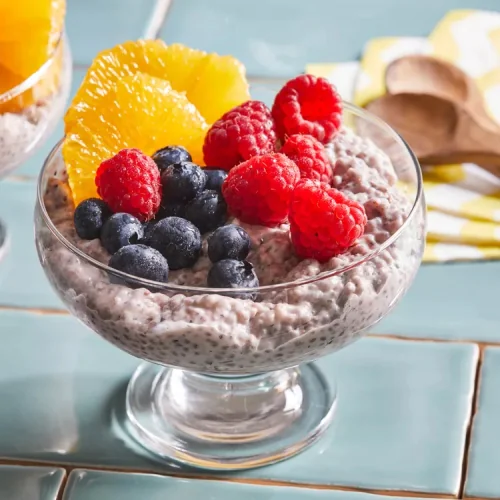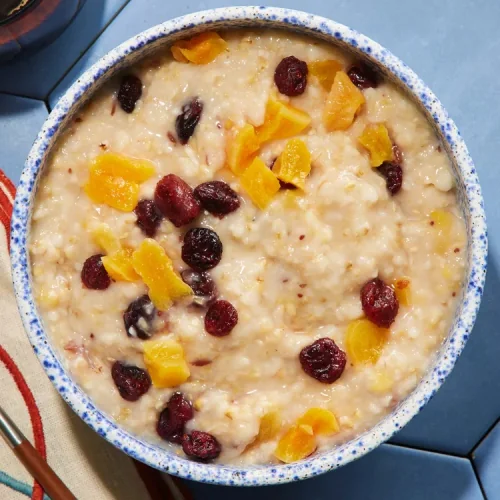Can i drink coffee while on Ozempic
Wondering if you can drink coffee while taking Ozempic? Learn how caffeine interacts with Ozempic, whether coffee affects your weight loss results, and the best way to enjoy it safely.
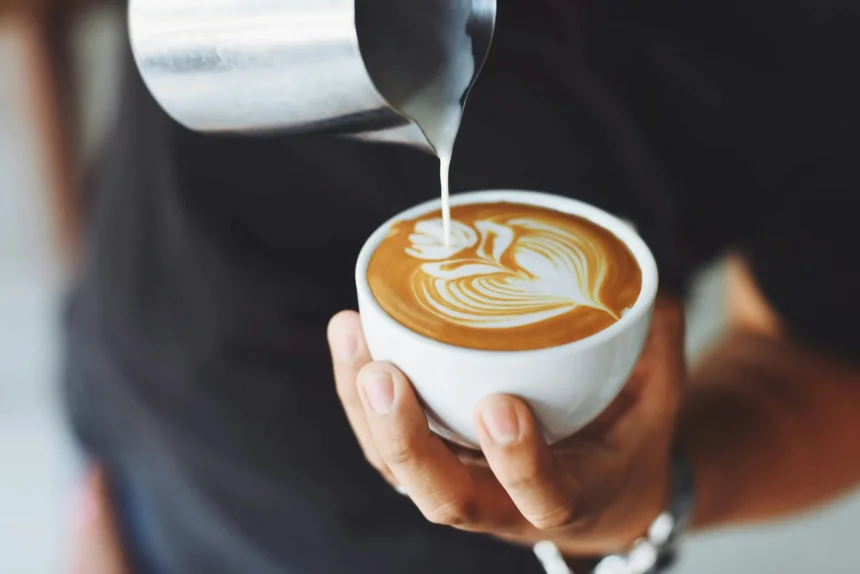
Can I Drink Coffee While on Ozempic? Everything You Should Know
Ozempic (semaglutide) has quickly become one of the most popular medications for managing type 2 diabetes and promoting weight loss. As more people begin using it, many wonder how everyday habits—especially drinking coffee—fit into their new lifestyle.
Coffee is one of the world’s most consumed beverages, but can you still enjoy your morning cup while on Ozempic? The short answer is yes, you can—but there are some important things to consider to ensure your body tolerates it well and your results aren’t compromised.
This article explains how Ozempic works, how caffeine may affect your digestion and appetite, and the best way to enjoy coffee safely while taking semaglutide.
1. How Ozempic Works
Ozempic belongs to a class of medications called GLP-1 receptor agonists. It mimics a natural hormone in your body that helps control blood sugar, slows digestion, and reduces appetite.
By slowing how quickly your stomach empties, Ozempic helps you feel full longer, which is why it’s so effective for weight management. However, this same effect means certain foods and drinks—including coffee—can sometimes cause stomach discomfort if not consumed carefully.
2. Is It Safe to Drink Coffee on Ozempic?
Yes, coffee is generally safe to drink while taking Ozempic. There’s no known direct drug interaction between caffeine and semaglutide. That said, individual tolerance can vary.
Because Ozempic affects digestion, too much caffeine may intensify common side effects such as:
-
Nausea
-
Acid reflux or heartburn
-
Upset stomach
-
Dehydration
So while you don’t have to give up coffee, moderation and timing are key.
3. How Coffee Affects Ozempic Users
a. Caffeine and Appetite Control
Caffeine is a mild appetite suppressant, which might actually complement Ozempic’s effects. Many people find that a cup of black coffee in the morning helps them avoid snacking.
However, drinking coffee on an empty stomach can cause nausea—especially early in your Ozempic journey. Try pairing coffee with a small protein snack or light breakfast.
b. Coffee and Digestion
Caffeine stimulates the digestive system and can speed up bowel movements. Since Ozempic slows digestion, coffee can sometimes help balance things out—but in excess, it might cause stomach cramps or diarrhea.
If you experience this, switch to decaffeinated coffee or reduce your intake.
c. Blood Sugar Impact
Black coffee has minimal calories and sugar, so it won’t spike your blood glucose levels. However, adding sugar, syrups, or high-fat creamers can counteract Ozempic’s benefits by increasing calories and carbohydrates.
Opt for low-fat milk or unsweetened alternatives such as almond or oat milk.
4. Tips for Drinking Coffee Safely While on Ozempic
Here are some practical ways to keep your coffee habit healthy and Ozempic-friendly:
-
Drink it after breakfast.
Avoid coffee on an empty stomach—combine it with something light like Greek yogurt or oatmeal. -
Choose black or lightly flavored coffee.
Skip the whipped cream and sugary syrups. Keep it simple with a splash of milk or cinnamon. -
Stay hydrated.
Caffeine is a diuretic, meaning it can make you lose fluids faster. Drink plenty of water throughout the day. -
Limit your caffeine intake.
Most people do well with up to 1–2 cups (200 mg caffeine) daily while on Ozempic. -
Avoid energy drinks or strong espresso shots.
These can trigger jitters, nausea, or heart palpitations—especially when combined with Ozempic’s effects. -
Monitor your body’s response.
Everyone reacts differently. If you notice dizziness, nausea, or bloating after coffee, scale back gradually.
5. Coffee Drinks to Avoid on Ozempic
Not all coffee is created equal. Be cautious with:
-
Frappuccinos or lattes loaded with sugar and whipped cream
-
Flavored syrups like caramel, vanilla, or mocha
-
Sweetened iced coffee with condensed milk
-
High-calorie creamers (some contain more fat than a full meal)
These drinks can quickly add hundreds of calories and defeat the purpose of taking Ozempic for weight loss.
Instead, try healthier alternatives such as:
-
Iced black coffee with a splash of milk
-
Cold brew with unsweetened almond milk
-
Coffee blended with protein powder or collagen
6. What About Green Tea or Matcha?
If you’re sensitive to coffee, green tea or matcha can be great substitutes. They contain less caffeine and are rich in antioxidants. Green tea is also gentle on digestion and may support metabolism.
Herbal teas—like ginger, peppermint, or chamomile—can help soothe the stomach and reduce Ozempic-related nausea.
7. Final Thoughts
Coffee and Ozempic can absolutely coexist—you just need to make smart choices. The key is moderation, hydration, and avoiding sugary or creamy coffee drinks that work against your goals.
A balanced Ozempic diet paired with mindful caffeine intake can enhance your focus, boost energy, and help maintain healthy blood sugar levels.
So go ahead, enjoy that morning cup of coffee—just keep it light, simple, and supportive of your wellness journey.
Share
What's Your Reaction?
 Like
0
Like
0
 Dislike
0
Dislike
0
 Love
0
Love
0
 Funny
0
Funny
0
 Angry
0
Angry
0
 Sad
0
Sad
0
 Wow
0
Wow
0


